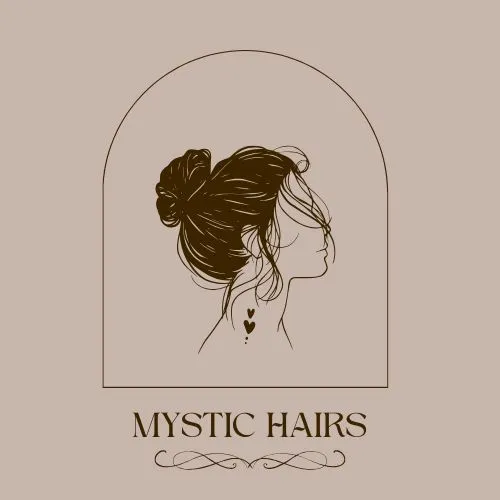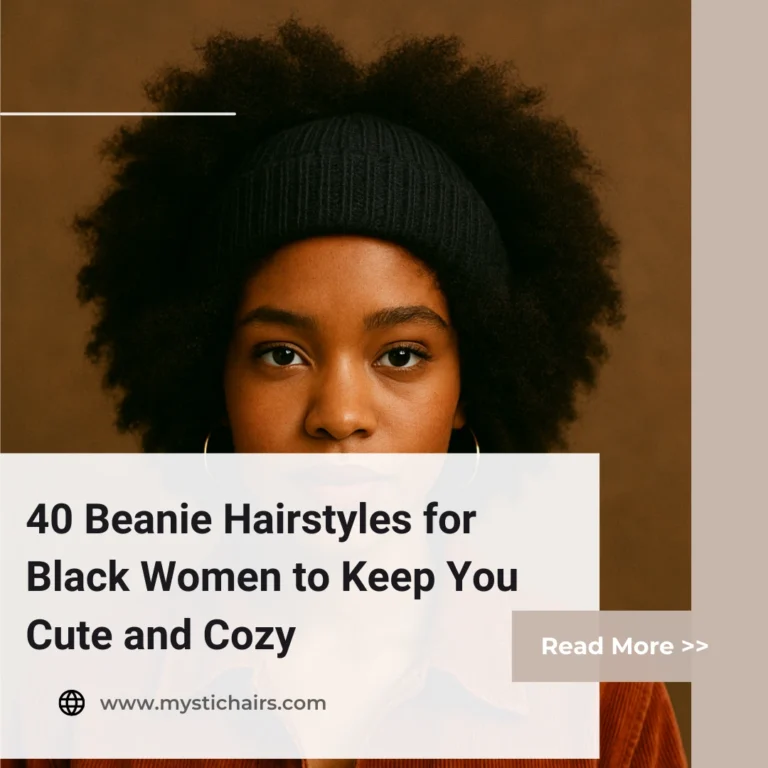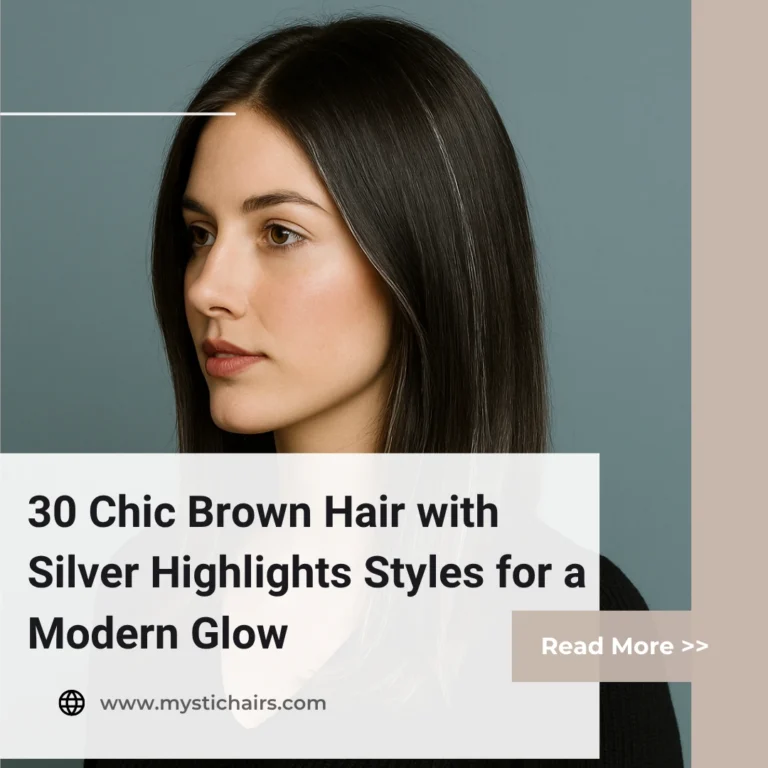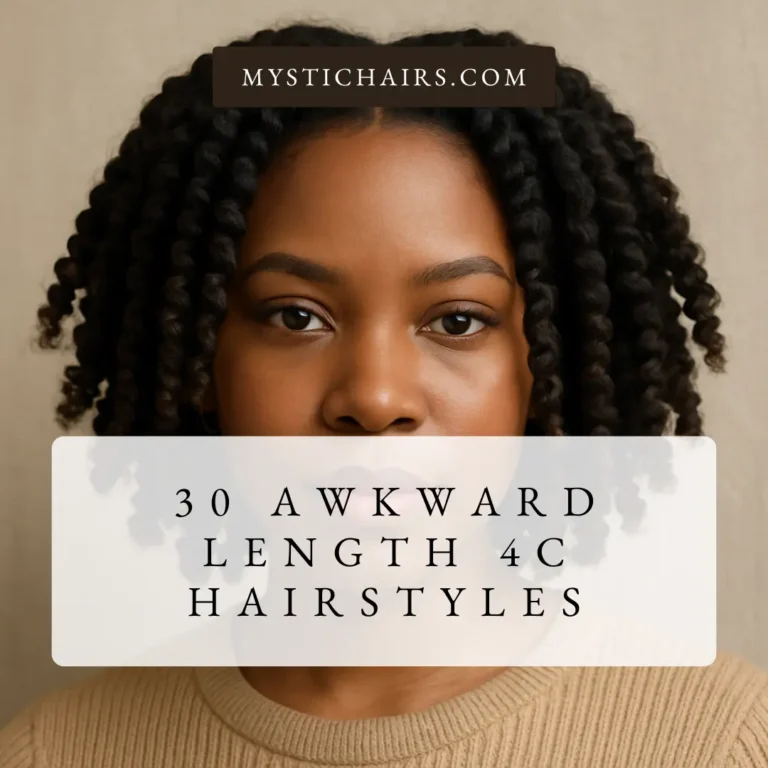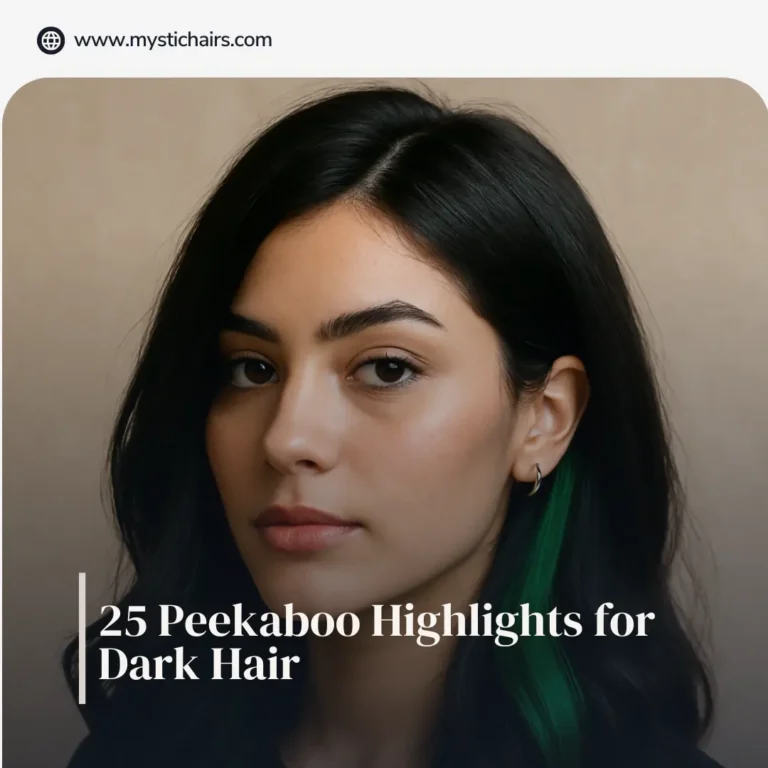Itchy Scalp After Hair Coloring: Causes, Remedies & Prevention
Itchy scalp after hair coloring is a common concern for many people who dye their hair at home or in the salon. While coloring can give you a fresh, vibrant look, it can sometimes leave your scalp feeling irritated, itchy, or even inflamed. This reaction often occurs because of the chemicals in hair dye, such as ammonia, peroxide, and PPD (paraphenylenediamine), which may trigger sensitivity or mild allergic responses.
The good news is that most cases of post-color scalp itchiness are temporary and manageable with the right care. By understanding why it happens, how to soothe irritation, and how to prevent it in the future, you can enjoy beautiful hair color without discomfort.
Itchy Scalp After Hair Coloring
In this guide, we’ll explore the key reasons for itchy scalp after coloring, effective home remedies, and important safety tips.
1. Why Does Itchy Scalp Happen After Hair Coloring?
The main reason for experiencing itchy scalp after hair coloring is the presence of harsh chemicals in dyes. Ingredients like ammonia and hydrogen peroxide open the hair cuticle to deposit color, but they can also strip the scalp of natural oils, leaving it dry and irritated. PPD, commonly found in darker hair dyes, is one of the leading culprits of allergic reactions that cause redness, itchiness, or even small rashes.
Another factor is individual scalp sensitivity. People with eczema, psoriasis, or generally dry skin may be more prone to irritation after coloring. Even prolonged exposure to hair dye or leaving it on longer than instructed can intensify the reaction. Understanding these triggers is the first step to choosing safer products and minimizing scalp discomfort in the future.
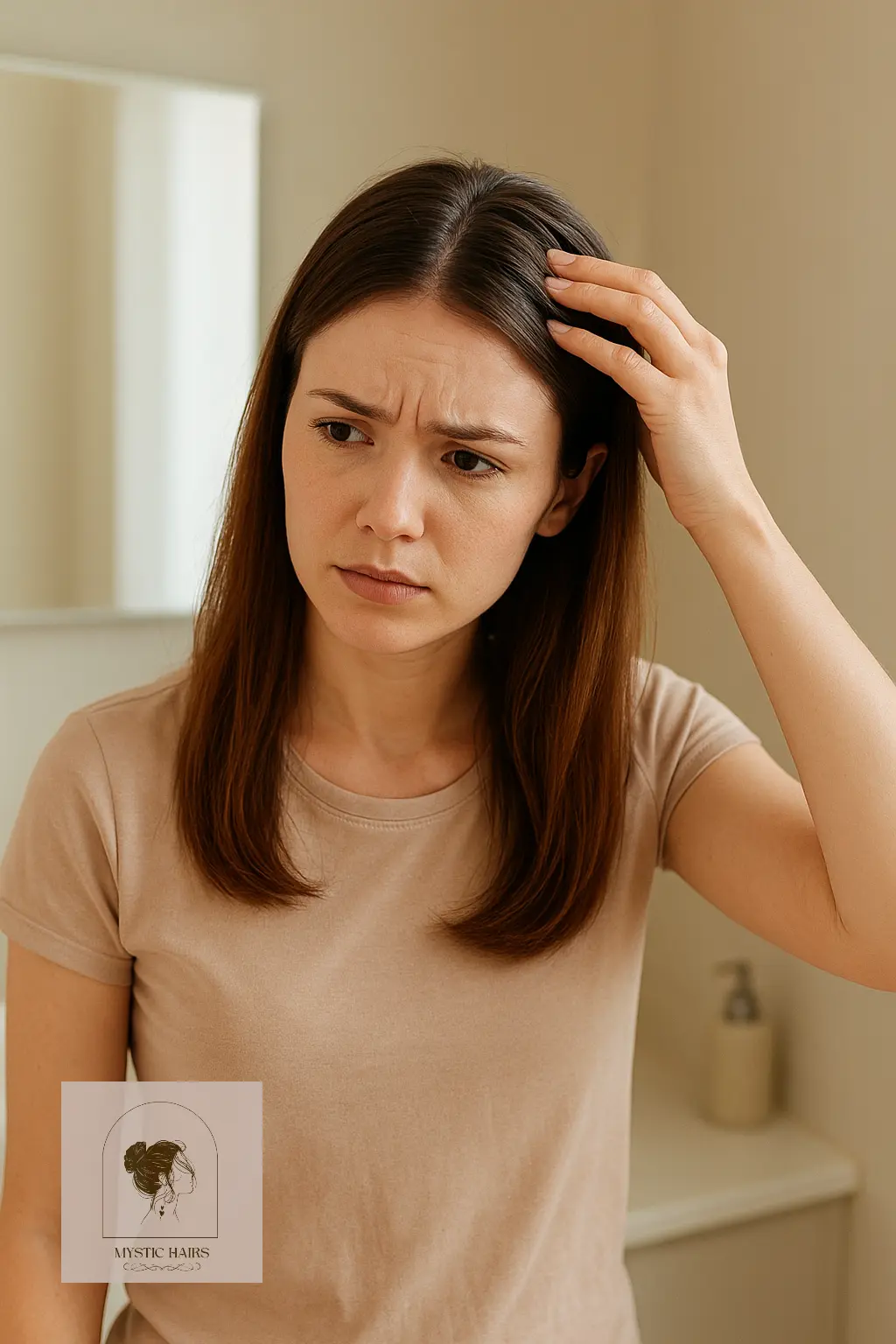
2. How to Soothe an Itchy Scalp After Hair Coloring
If you’re dealing with itchy scalp after hair coloring, there are several remedies you can use at home. A gentle rinse with cool water helps remove any leftover chemicals, while applying aloe vera gel, coconut oil, or diluted tea tree oil can calm inflammation and provide instant relief. Over-the-counter hydrocortisone creams may also help reduce irritation if the itchiness is more severe.
It’s equally important to avoid scratching your scalp, as this can worsen irritation and even cause infection. Instead, focus on soothing treatments that hydrate and repair the scalp. Using a mild, sulfate-free shampoo and conditioner designed for sensitive skin can also help restore balance and comfort after coloring.
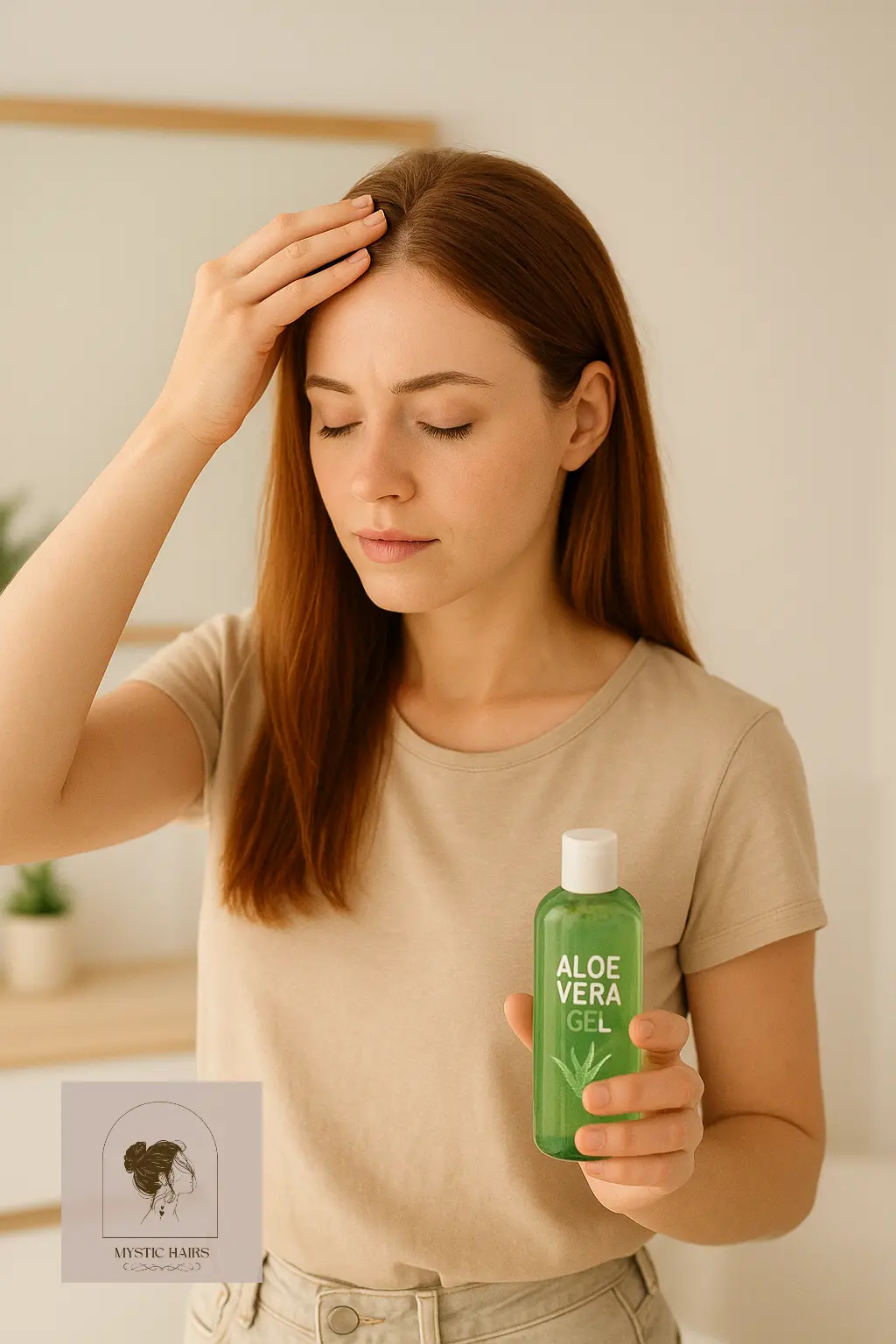
3. Preventing Itchy Scalp After Hair Coloring
The best way to deal with itchy scalp after hair coloring is prevention. Always perform a patch test 48 hours before dyeing your hair to check for allergic reactions. This step helps identify whether your skin is sensitive to ingredients like PPD. Choosing ammonia-free or natural hair dyes with nourishing oils can also reduce the risk of irritation.
During application, protect your scalp by avoiding excessive overlap on the skin and never leaving the dye on longer than the instructions recommend. After coloring, deep condition your hair to lock in moisture and prevent dryness. A proactive approach ensures you enjoy vibrant hair color without discomfort or itching.
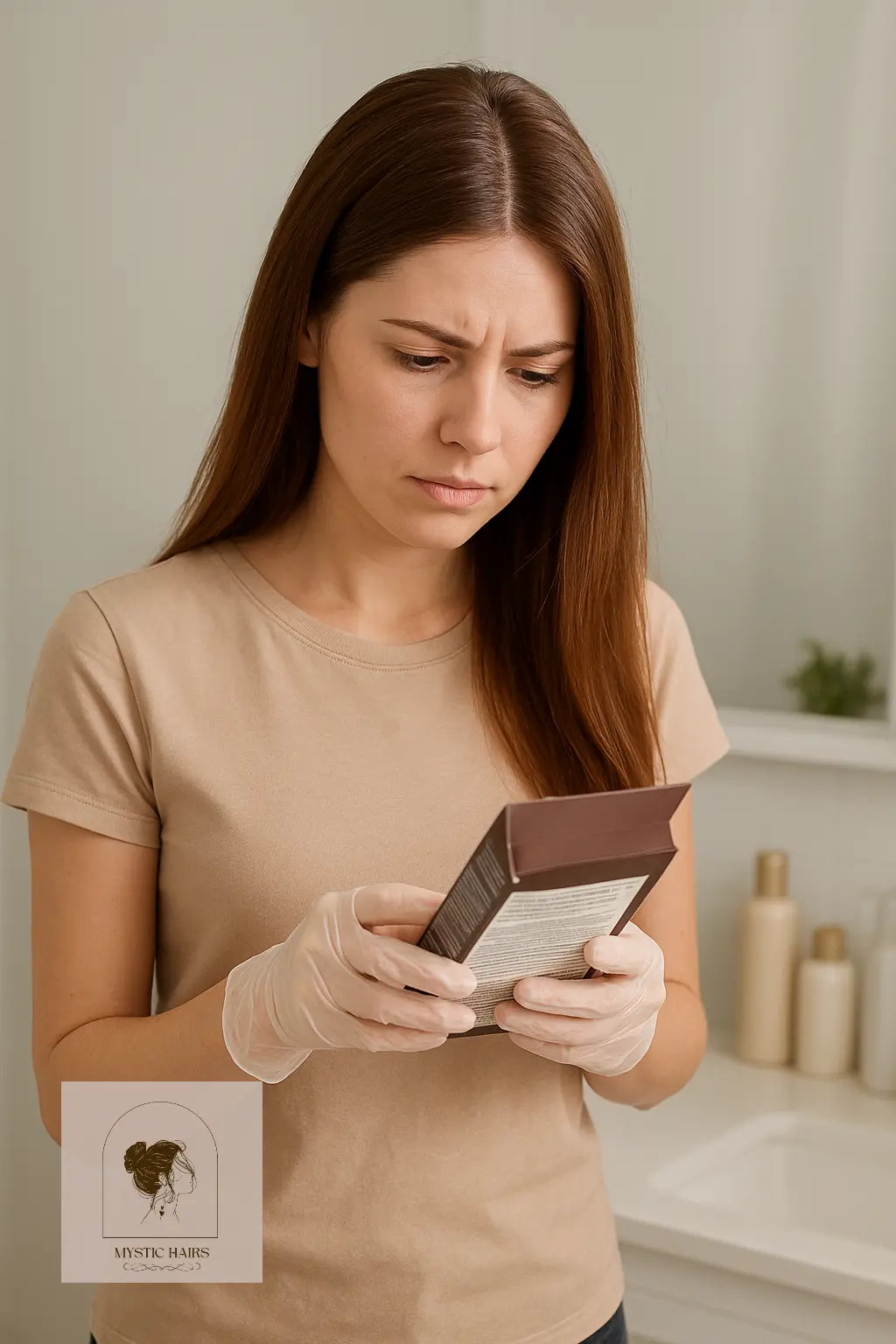
Coloring can sometimes weaken hair near the roots, leaving the crown especially vulnerable. Learning how to stop hair breakage at the crown helps you protect this delicate area while keeping your color-treated hair healthy.
4. What if My Itchy Scalp Persists?
Sometimes, itchy scalp after hair coloring doesn’t go away with home remedies. If irritation lasts longer than a few days, worsens, or is accompanied by swelling, blisters, or severe redness, it may indicate an allergic reaction that requires medical attention. In such cases, consult a dermatologist to determine the best treatment.
Persistent itchiness can also signal an underlying condition like seborrheic dermatitis or psoriasis, which may flare up after chemical exposure. Professional guidance ensures you receive the right diagnosis and treatment, whether that involves medicated shampoos, prescription creams, or avoiding certain ingredients in hair dyes altogether.
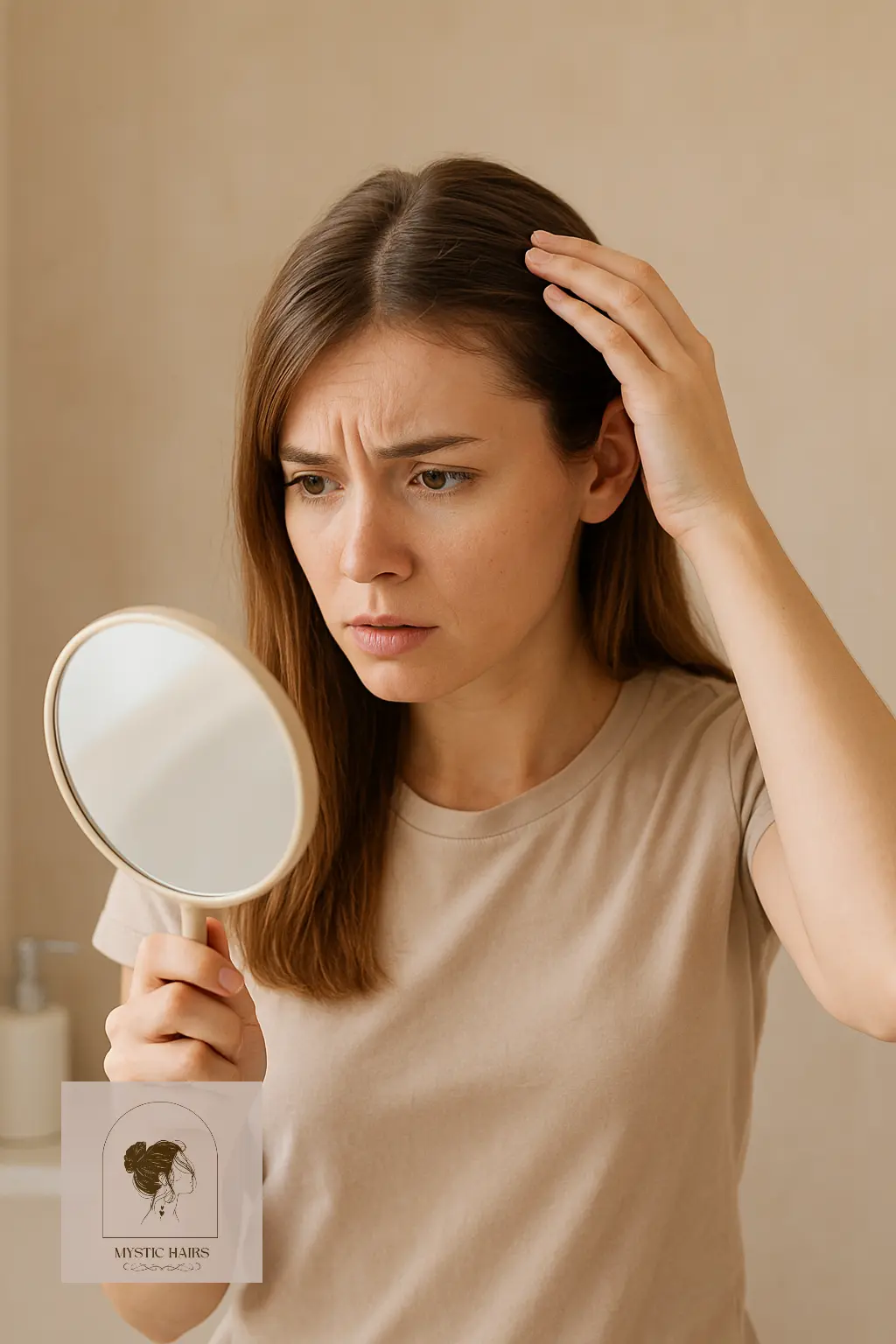
5. Is It Safe to Dye My Hair Again After Scalp Irritation?
Many people wonder if it’s safe to color their hair again after experiencing itchy scalp after hair coloring. The answer depends on the severity of your reaction. If it was mild and resolved quickly, you may be able to switch to a gentler dye formula, such as ammonia-free or semi-permanent options. Always conduct a patch test before reapplying color.
However, if your reaction was severe, it’s best to avoid chemical dyes until you’ve consulted with a doctor or dermatologist. They may recommend alternative methods such as henna, plant-based dyes, or temporary color sprays. Protecting your scalp’s health should always come first before reintroducing chemical treatments.
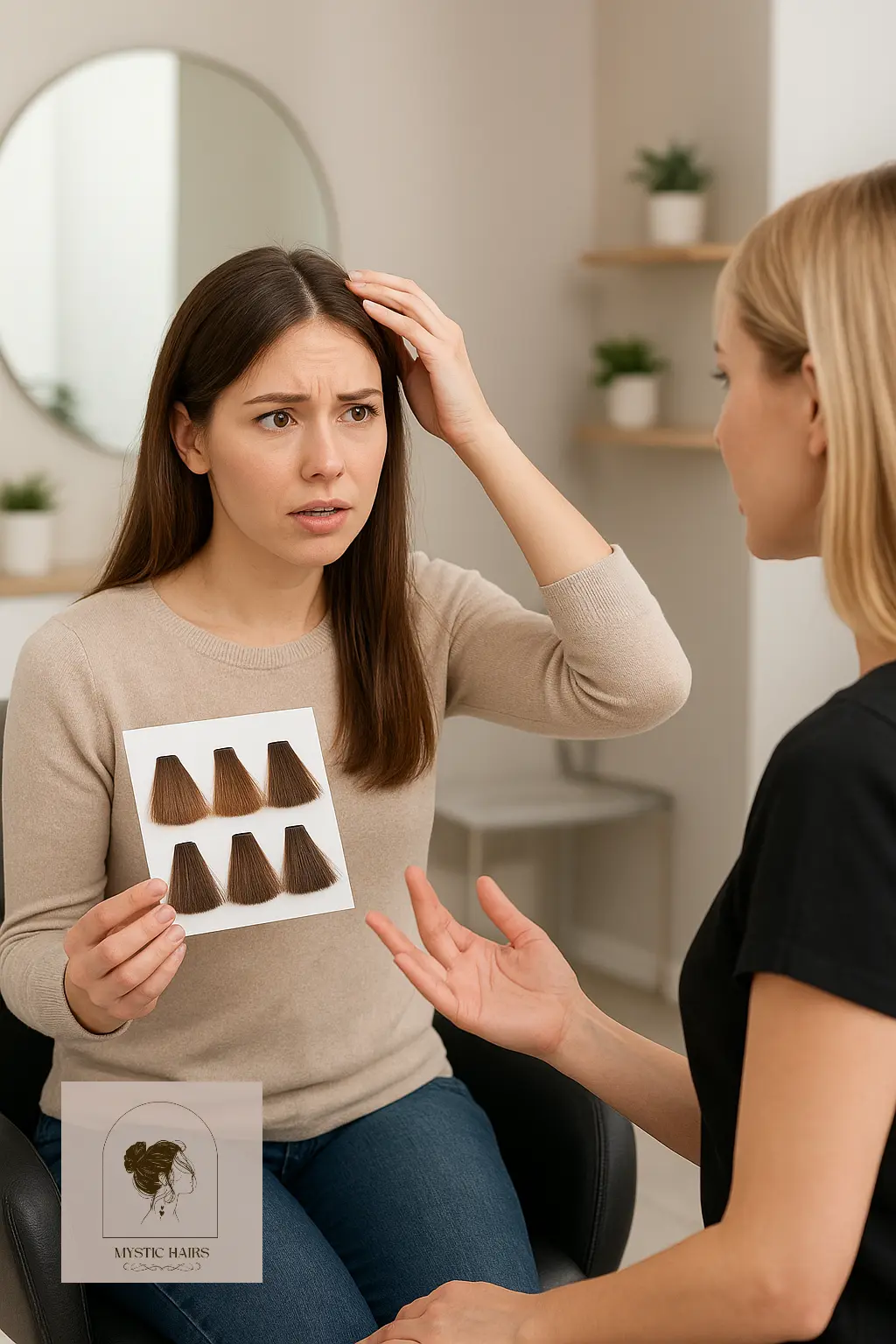
Bonus Tips for Healthy Scalp After Coloring
- Always follow post-coloring aftercare instructions from your stylist.
- Avoid washing your hair for 24–48 hours after dyeing to let the color settle.
- Use scalp-soothing products like aloe vera masks or chamomile rinses.
- Switch to a sulfate-free, hydrating shampoo to maintain scalp balance.
- Limit heat styling tools, which can worsen dryness and irritation.
FAQs About Itchy Scalp After Hair Coloring
Q1: How long does an itchy scalp last after hair coloring?
Mild irritation usually fades within 1–3 days. If it lasts longer, seek medical advice.
Q2: Can hair dye cause scalp allergies?
Yes, ingredients like PPD and ammonia are common allergens. A patch test is essential before dyeing.
Q3: What home remedies help soothe scalp irritation?
Aloe vera, coconut oil, tea tree oil (diluted), and cold compresses are effective natural remedies.
Q4: Can I use medicated shampoos after coloring?
Yes, but wait at least 48 hours post-coloring to avoid fading. Choose shampoos for sensitive scalps.
Q5: Is itchy scalp a sign of hair damage?
Not always. It usually indicates irritation, but if left untreated, it can lead to dryness, flaking, or breakage.
Conclusion
Dealing with itchy scalp after hair coloring can be uncomfortable, but with the right knowledge and care, you can manage and prevent it effectively. Understanding the causes, soothing your scalp with gentle treatments, and taking preventive steps all help maintain both scalp health and beautiful hair color.
If your irritation persists or worsens, don’t hesitate to consult a dermatologist for professional advice. Healthy hair always starts with a healthy scalp, and with the right approach, you can enjoy vibrant color without discomfort.

Aria Blake is a beauty writer and hairstyle curator passionate about empowering women through timeless trends and modern haircare. With a deep love for natural textures and creative styling, Aria blends expert tips with real-life inspiration to help you look and feel your best—every single day. When she’s not writing for MysticHairs.com, you’ll find her exploring protective styles, sipping herbal tea, or pinning dreamy looks for your next hair glow-up.
